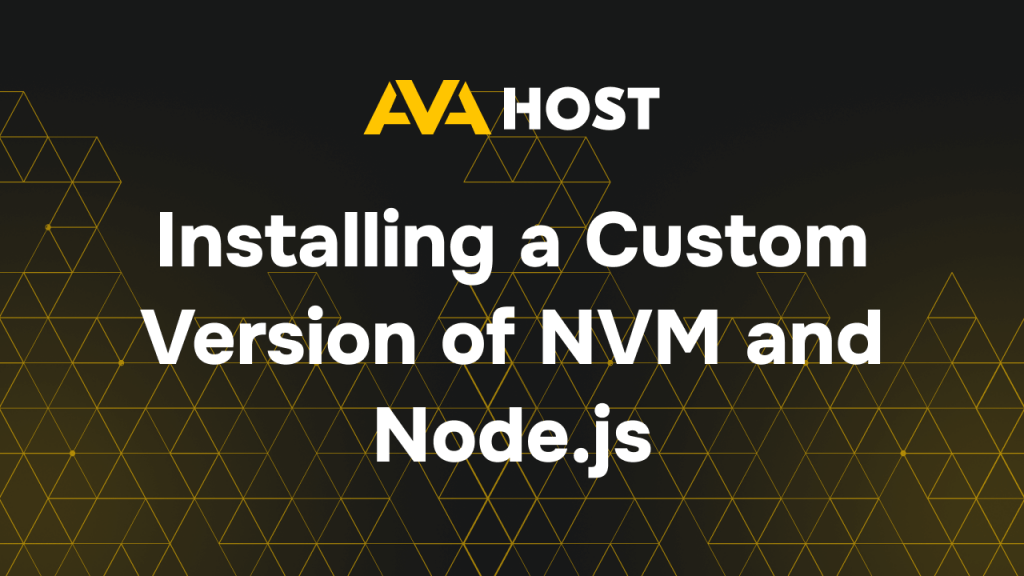Linux VPS

GitLab is a powerful open-source DevOps platform used for managing Git repositories, CI/CD pipelines, code reviews, and more. It’s widely adopted by developers and teams to streamline software development and deployment. In this guide, you’ll learn how to install GitLab on an Ubuntu server. Prerequisites Before you begin, make sure you have the following: A […]

Supercharge Your Terminal with fzf Navigating sprawling file lists, digging through command histories, or managing complex Git repositories in a terminal can feel overwhelming—unless you have fzf, the lightning-fast fuzzy finder. Built in Go, fzf transforms how you interact with your command line, making tasks like finding files or switching Git branches a breeze. For […]

How to Find a Specific File by Content in Linux Whether you’re debugging a web application, auditing server logs, or tracking down a specific configuration on your ava.hosting VPS or dedicated server, searching files by content is a vital Linux skill. Tools like grep, find, ack, and ripgrep make it easy to locate strings or […]

How to Create and Edit Files Over SSH Secure Shell (SSH) offers a secure, encrypted way to manage remote servers, making file creation and editing a key skill for sysadmins and developers. This guide simplifies file management over SSH using command-line editors, with practical examples and tips for efficient server administration on AvaHost or similar […]

Creating a Custom Cron Job on Linux Automating routine tasks is essential in any robust system administration or web development workflow. Cron jobs provide a powerful, time-based job scheduler in Unix-like operating systems, allowing you to run scripts or commands automatically at scheduled intervals. What Is a Cron Job? A cron job is a scheduled […]

How to Set Up Google Public DNS for Enhanced Internet Performance Google Public DNS boosts your internet experience by offering faster, more secure, and reliable domain name resolution. The Domain Name System (DNS) converts user-friendly names (like google.com) into IP addresses. Switching to Google’s public DNS servers (8.8.8.8 and 8.8.4.4) from your ISP’s default provides […]

When working with Node.js development environments, flexibility is key. The Node Version Manager (NVM) is a powerful tool that lets developers easily install and manage multiple versions of Node.js on a single system. However, there are times when you might need to install a custom version of NVM or Node.js in your virtual machine— for […]

Streamline Linux Navigation Navigating directories on your AvaHost Linux server just got easier! The pushd and popd commands are powerful tools for moving through complex folder structures without losing track of where you’ve been. Perfect for system admins, developers, or anyone working in a Linux terminal, this guide shows you how to use these commands […]

Node.js is a powerful, open-source JavaScript runtime environment that allows you to run JavaScript code outside the browser — making it ideal for building fast and scalable web applications. If you’re working on Ubuntu 22.04 dedicated server and want to get started with Node.js, this guide will walk you through the process of installing it […]

Imagine running a data-driven application—be it a bustling e-commerce platform or a real-time analytics dashboard—on a robust, customizable server that keeps your data secure and accessible. PostgreSQL, a leading open-source relational database, paired with ava.hosting’s high-performance VPS, transforms this vision into reality. For example, you could host a SaaS app on ava.hosting’s VPS, using PostgreSQL […]

